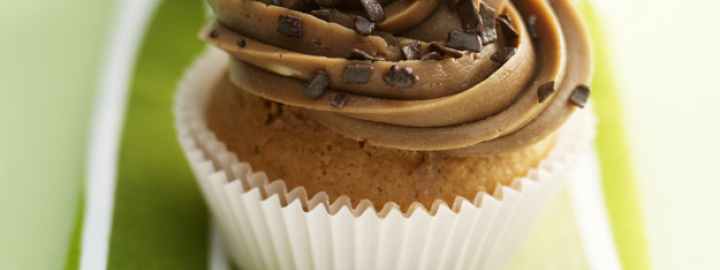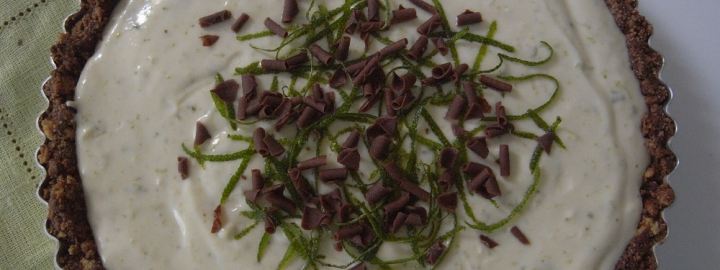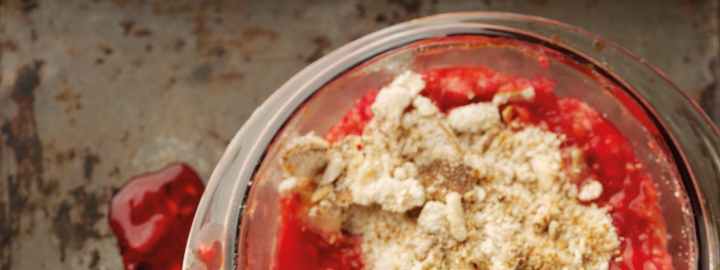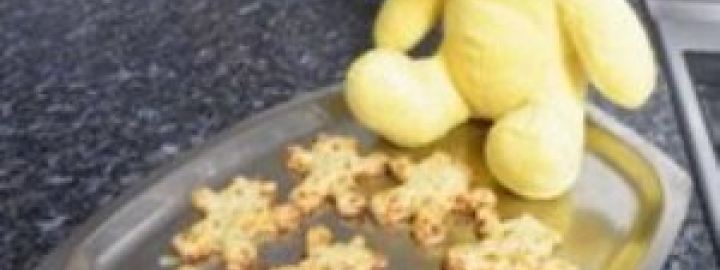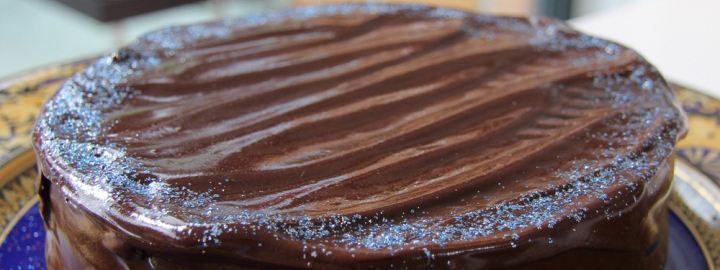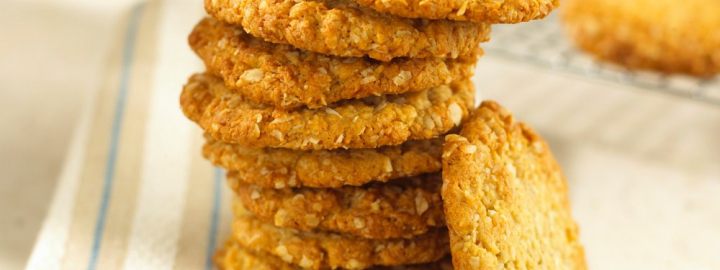The Best Way to Tenderize Tough Meat
Buy us a cup of coffee.
Thank you all so much for watching our recipe videos and supporting our channel.
If you would to further support and help us continue making our recipes for you, you can by buying us a coffee.
We do not endorse any products on our channel and are 100% self funded. A coffee goes a long way in helping us stay product placement free. Cappuccino, Latte, Espresso or a Flat White it is up to you. Many Many Thanks for all your ongoing support.
Why is meat tough? Muscles have to endure a lot of mechanical stress; they are made of strong fibers that make them hard to cut, and tough connective tissue holds them together. Individual muscle cells contain microscopic fibrils that give them their structural integrity and allow them to contract. The fibrils have a complex internal structure bound together by long protein chains. The connective tissue that holds the muscle together is also mostly protein. What is papain? Papain is a protein-cleaving enzyme derived from papaya and certain other plants. Enzymes are complex molecules produced in living organisms to catalyze (speed up) chemical reactions within the cell. How does papain tenderize meat? Papain cuts the protein chains in the fibrils and also in the connective tissue, disrupting the structural integrity of the muscle fiber, and tenderizing the meat. The two most often used meat tenderizing enzymes are Papain and Bromelain. Both are derived from plant sources. These are the papaya fruit and the pineapple plant. To a much lesser extent, Ficin, derived from fig tree latex is also used. Other sources of enzymes have been cited for meat tenderization such as Bacillus subtilis, Aspergillus oryzae and even pancreatin derived from the pancreas gland (typically hog). Effect of the pH factor
pH for optimal Papain activity: 6.0-7.0
The enzyme is active when the pH factor is neutral (pH = 7) to slightly acid (pH = 6). The pH of most of the meats is neutral to slightly acid.
Effect of temperature
Temperature for optimal Papain activity: 149 °F
Inactive Papain: 170°F to 185 °F
Active Papain Range: 140 °F to 160 °F
If you just store the meat with the papaya paste in the refrigerator, it will do nothing to tenderize meat. It starts to become active at 140 °F, slows down at 170 °F, and dies at 185 °F.
As part of the HOW TO COOK GREAT NETWORK -
Also take a look at our channel for other great cooking genres.
And look at the websites for in detail recipes, gallery and cooking tips.
In cooking, tenderizing is breaking down collagens in meat to make it more palatable. There are a number of ways to tenderize meat: Mechanical tenderization, such as pounding, piercing, or even explosives. The tenderization that occurs through cooking, such as braising.
Thank you all so much for watching our recipe videos and supporting our channel.
If you would to further support and help us continue making our recipes for you, you can by buying us a coffee.
We do not endorse any products on our channel and are 100% self funded. A coffee goes a long way in helping us stay product placement free. Cappuccino, Latte, Espresso or a Flat White it is up to you. Many Many Thanks for all your ongoing support.
Why is meat tough? Muscles have to endure a lot of mechanical stress; they are made of strong fibers that make them hard to cut, and tough connective tissue holds them together. Individual muscle cells contain microscopic fibrils that give them their structural integrity and allow them to contract. The fibrils have a complex internal structure bound together by long protein chains. The connective tissue that holds the muscle together is also mostly protein. What is papain? Papain is a protein-cleaving enzyme derived from papaya and certain other plants. Enzymes are complex molecules produced in living organisms to catalyze (speed up) chemical reactions within the cell. How does papain tenderize meat? Papain cuts the protein chains in the fibrils and also in the connective tissue, disrupting the structural integrity of the muscle fiber, and tenderizing the meat. The two most often used meat tenderizing enzymes are Papain and Bromelain. Both are derived from plant sources. These are the papaya fruit and the pineapple plant. To a much lesser extent, Ficin, derived from fig tree latex is also used. Other sources of enzymes have been cited for meat tenderization such as Bacillus subtilis, Aspergillus oryzae and even pancreatin derived from the pancreas gland (typically hog). Effect of the pH factor
pH for optimal Papain activity: 6.0-7.0
The enzyme is active when the pH factor is neutral (pH = 7) to slightly acid (pH = 6). The pH of most of the meats is neutral to slightly acid.
Effect of temperature
Temperature for optimal Papain activity: 149 °F
Inactive Papain: 170°F to 185 °F
Active Papain Range: 140 °F to 160 °F
If you just store the meat with the papaya paste in the refrigerator, it will do nothing to tenderize meat. It starts to become active at 140 °F, slows down at 170 °F, and dies at 185 °F.
As part of the HOW TO COOK GREAT NETWORK -
Also take a look at our channel for other great cooking genres.
And look at the websites for in detail recipes, gallery and cooking tips.
In cooking, tenderizing is breaking down collagens in meat to make it more palatable. There are a number of ways to tenderize meat: Mechanical tenderization, such as pounding, piercing, or even explosives. The tenderization that occurs through cooking, such as braising.

